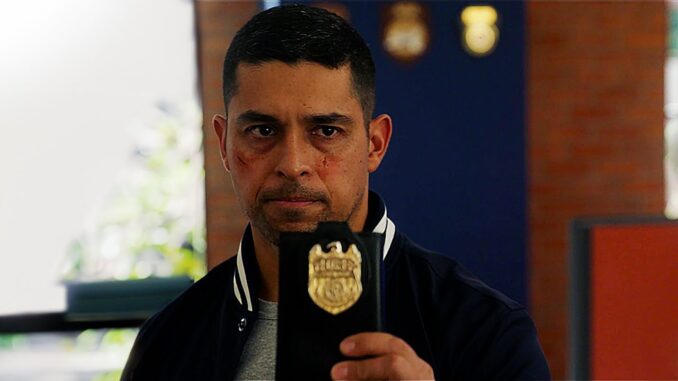
The stadium breathes. It always has, a colossal, echoing lung drawing in the collective hope and exhaling the raw, guttural roar of thousands. Tonight, however, its breath feels heavy, laced with a potent mix of reverence and melancholy. The floodlights, usually harsh and uncompromising, cast a softer, almost nostalgic glow on the hallowed turf, as if acknowledging the gravity of the unfolding tableau. For tonight, a chapter closes, a story reaches its poignant epilogue. The badge, that small, embroidered crest representing history, heart, and a multitude of dreams, is changing hands. And with it, a titan bids farewell: Torres says goodbye.
The badge. It is more than just fabric and thread; it is a crucible of identity. When Torres first pinned it to his chest, it became a part of him, and he, in turn, became an indelible part of its legend. We remember the blur of his movement, the predatory gleam in his eye, the way he seemed to bend time and space to conjure goals from nothing. He wore the badge not just as a uniform, but as a second skin, a sacred trust. Each sprint, each header, each net-rippling strike was an offering to the crest, a silent promise to the millions who lived and died with every kick. For years, the badge on his chest was a beacon, a symbol of cutting-edge brilliance, of an era defined by his electric presence. It carried the weight of history, yes, but also the vibrant, pulsating energy of his prime, etched with the memory of triumphs and the quiet ache of near-misses.
But time, that relentless chronicler, marches on. Even the brightest stars must eventually dim, not through failure, but through the natural arc of a journey completed. The changing of the badge is not a sudden, jarring event, but a slow, almost imperceptible shift, like the fading light of a long summer day. We see it in the younger, hungrier eyes now looking to the future, in the swift legs ready to sprint where Torres once thundered. It’s a quiet passing of the torch, a silent understanding between generations. The badge, now softened by years of sweat and the wash of countless seasons, carries the ghost of his imprint, a whisper of his glory days. It is heavy with memory, yet lightened by the anticipation of new stories yet to be written.
Torres says goodbye, and the words hang in the air, weighted with the collective sigh of a devoted fanbase. It is not just a player leaving the pitch; it is a part of our collective sporting consciousness stepping into the twilight. His final walk, perhaps a slow lap around the roaring amphitheater, is a living tableau of bittersweet farewell. The applause washes over him like a warm sea, a cascade of gratitude and nostalgia. He acknowledges it, perhaps a hand to the heart, a tear in the eye, a final, lingering gaze at the turf that bore witness to his saga. He leaves behind not just goals, but moments: the gasps, the roars, the leaps from seats, the shared ecstasy that bound strangers together in a single, vibrating pulse. He leaves behind a legacy woven into the fabric of the club, a ghost that will forever haunt the highlight reels and the collective memory.
And then, the moment comes. The badge, perhaps symbolically presented to a successor, or simply observed as it rests on the chest of a new hopeful, completes its transition. It is the same badge, yet entirely new. It has absorbed the essence of Torres, but it now prepares to absorb the dreams, the struggles, and the triumphs of another. The responsibility shifts, the mantle passes. The stadium, though momentarily hushed in reverence for the departing legend, will soon erupt again, not for what was, but for what is yet to be. The cycle continues, eternal and beautiful in its inevitability. Torres says goodbye, but the badge, the eternal heart of the institution, simply changes hands, carrying the past forward, forever ready to emblazon a new future.